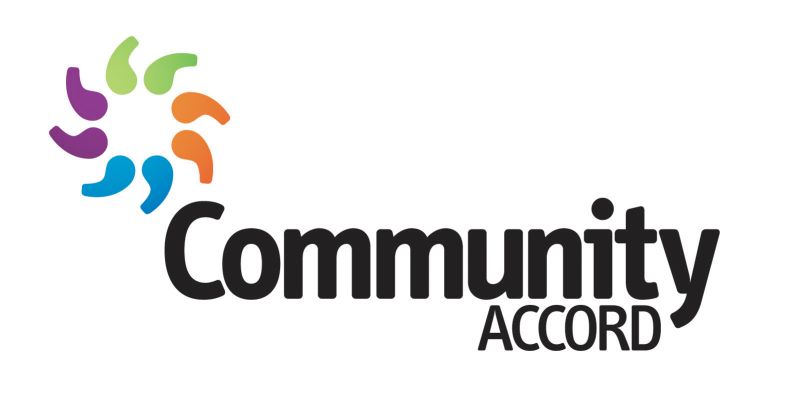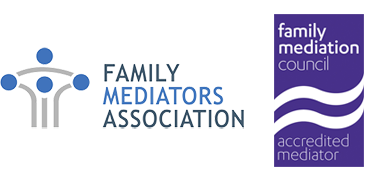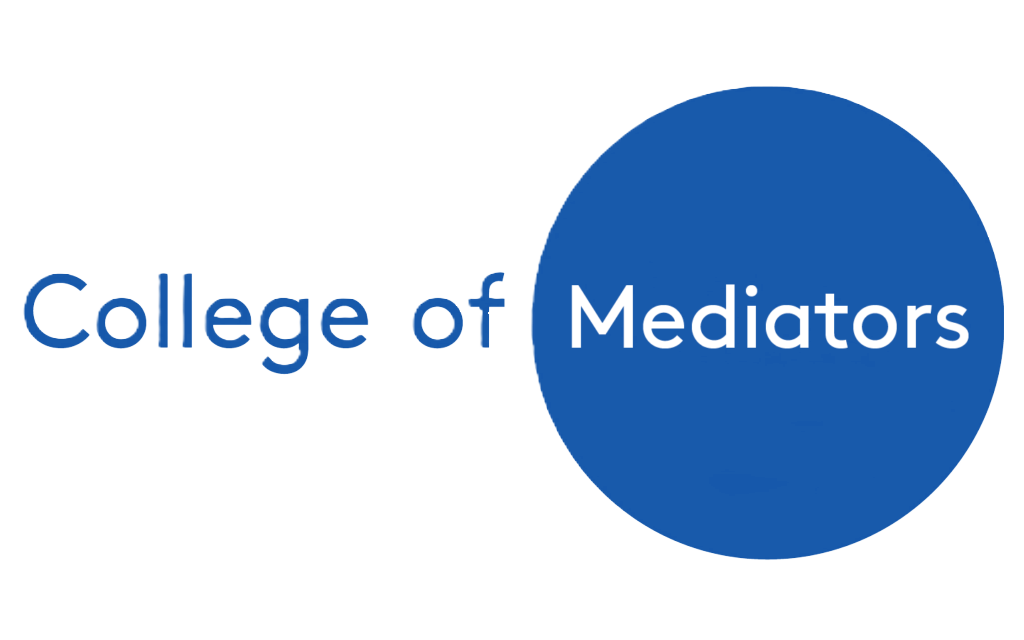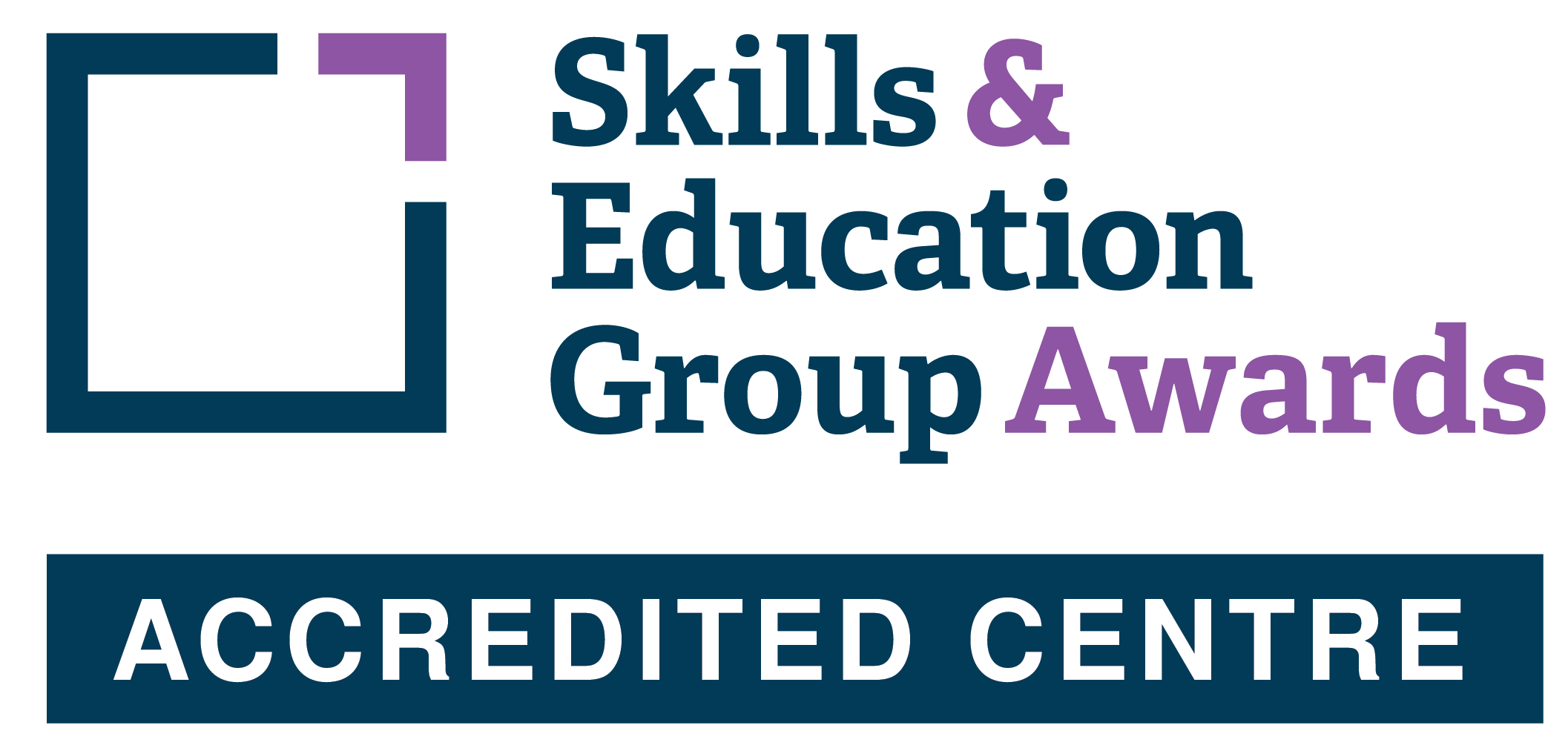 Mediation is about people coming together for an open, honest discussion, working together to find solutions to resolve the disagreement.
Mediation is about people coming together for an open, honest discussion, working together to find solutions to resolve the disagreement.
Mediation is essentially ‘working things out by talking things through’. A mediator’s job is to help people have this conversation, to give it the best chance of resolving.
A mediator has two main aims: To ensure people say the things they need to say – that there is understanding of one another’s situations, perspectives and needs; and then to help people explore options and find agreement for the benefit of the child or young person, with these needs in mind.
Who attends?
We ask both the parent / young person and local authority whether they think anyone else needs to be at a session to ensure it offers the best chance of resolving.
There is no right or wrong answer to this – it depends on the conversation needed – and it is our job to help you think about this. The meeting might be just the parent / young person and local authority officer, or there may be others involved such as a school or health provider. A parent or young person may also want to bring someone along for support.
Who attends must be agreed before a session, so everyone knows who will be there and what their role will be.
Where does it take place?
Our job is to make sure everyone is comfortable with the venue for mediation. We’ll ask people for suggestions and it must be agreeable to all. For example, we typically use community centres, children’s centres and occasionally schools / colleges if they are thought of as neutral by parent / young person and local authority officer.
Preparation
For parents and young people, the following sheet may help you prepare for a mediation (Click here).
The Mediation process
When you come to a session we will take you through a simple process designed to give people a chance to speak and be heard, and then find a way forward together.
It typically lasts around two hours, and in that time:
1) There is a short introduction from the mediator – clarifying the mediation process and matters of housekeeping
2) We then give people uninterrupted time, in turn, to describe the situation from their point of view. This will depend on the disagreement. Some examples:
Parents / Young Person – might talk about the difficulties at nursery / school / college; the impact of the difficulties; and why an EHC plan or element of a plan is important.
Local Authority – an opportunity to describe the decision-making processes used and why particular decisions have been made.
Nursery/School /College (if attending) – might talk about the child’s difficulties; levels of attainment / progress; the support provided and any gaps; and why elements of a plan might be important.
3) If necessary, we will clarify an agenda following (2) – a list of issues that need to be talked about.
4) As above, for every issue / agenda item, our job is to ensure everyone has had a chance to explain their situations, positions and needs, and we then go on to help people find solutions.
5) Where people reach agreement on a way forward, our job is to write-up these agreements for you and we will circulate after the meeting.
A joint session should take place within 30 days.
If Mediation doesn’t resolve or only partially resolves…
If you have right of appeal we issue a parent / young person with a Mediation Certificate within three working days of the Mediation session. This can then be used to register an appeal with the Tribunal Service.





